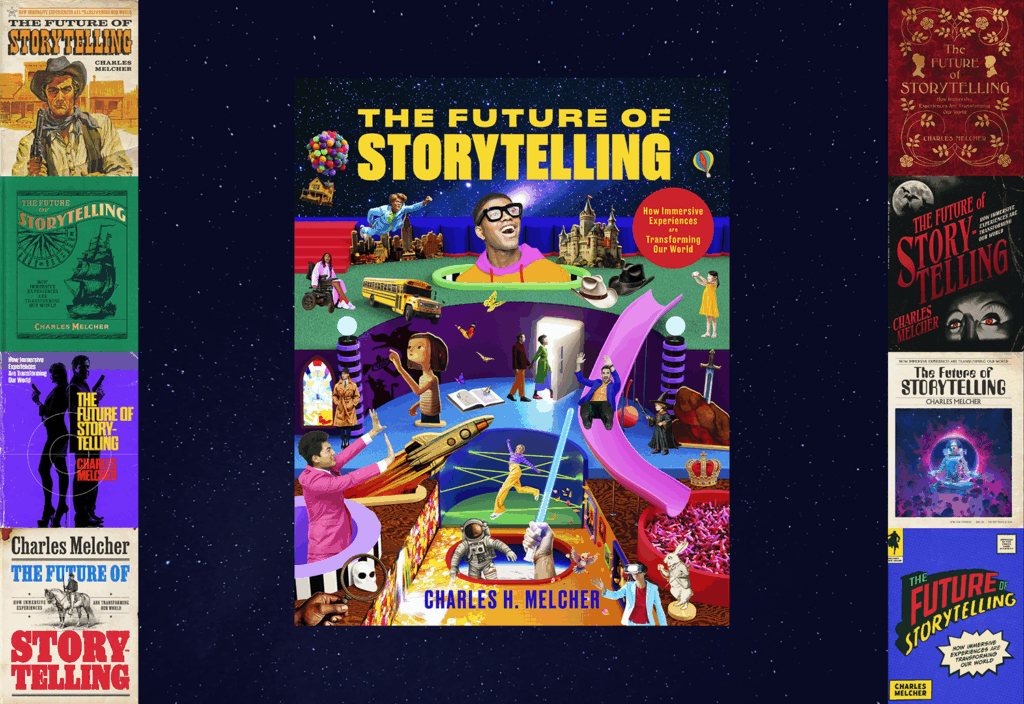And from the print-publisher-in-utter-denial file comes news that the Newport, RI Daily News is changing its pricing structure to punish people who want to read their news only online.
The Daily News will now charge $145 annually to a newspaper subscriber, $245 if a subscriber wants the paper and access to the paper’s Web site—and, if you can believe it, $345 if the subscriber only wants the Web site.
Yep, The Daily News is charging subscribers more than twice for its content online than for its printed edition.
Bold? Yes. Stupid? Double plus yes.
The idea conjures visions of the newspaper’s publisher standing on train tracks holding up his hand palm out and shouting “Halt!” at an oncoming train.
First, any marketer who has a reasonable IQ and who has been in the business, oh, 10 minutes will note that in a relatively free-market society, if consumers aren’t getting what they want the way they want it, a new source will arise to meet their needs and they’ll flock to it.
And The Daily News should not make the mistake of thinking only its reporters can deliver what its readers want.
I used to say, and have written in multiple columns, that as long as there are men and bathrooms, there will always be print.
Ever since my wife bought me a Kindle e-book reader, though, I’m not so sure.
Print is dying. Readers and ad dollars are moving online, but not fast enough to make up for the losses in print. Everybody in publishing is struggling for answers.
One of the effects of the online migration of content is the thinning of editorial layers, at least by my own experience.
When I began working at a rival trade paper in 1997, my work would go through no less than three sets of editorial eyeballs before it ever saw print.
How many sets of eyeballs combed this piece before it went out? None but mine.
Whenever the economy tanks, the “non-producing” editors—those whose jobs it is to keep the garbage from getting published—are always the first with targets on their backs. I’ve witnessed it twice at two different organizations.
Granted, I’ve got a lot more experience than I had 12 years ago, but believe me when I say publishing without the old editorial layers is frightening. A couple of those now unemployed non-producing editors have saved me from making a complete idiot of myself on numerous occasions.
Now I know it’s only a matter of time before I publish something regretful. Heck, maybe it’s this column with the reference to men and bathrooms above.
In any case, although I complain, I am aware of one thing: The reason I’m still drawing a paycheck and some decent health benefits is I have specialized knowledge and don’t necessarily need a bunch of supporting editorial staff to put out a decent product.
In short: I am economical.
And if my own experience is any indicator, it would seem that the Internet is driving content producers into more specialization.
People don’t need the local paper for the weather, Lotto numbers or their astrology readings anymore.
Other content historically offered by newspapers can also be delivered by specialists. Private journalist Michael Yon files riveting, insightful, on-the-scene coverage from the most violent parts of the Middle East. He does so better than anyone working for the mainstream media and makes his living on reader donations.
And why pay for The Daily News to get its sports coverage when an enthusiast who may not be the most riveting writer in the world but who makes up for it in spot-on analysis can deliver decent sports coverage as a hobby?
How will all this shake out? I have no idea. I’m the guy who said the new VW Beetle would never sell.
One thing’s for sure, though. If there are any entrepreneurs with a publishing bent out there who want to launch an online-only property or two to compete with a daily paper whose executives are delusional, Newport, RI is beckoning.



